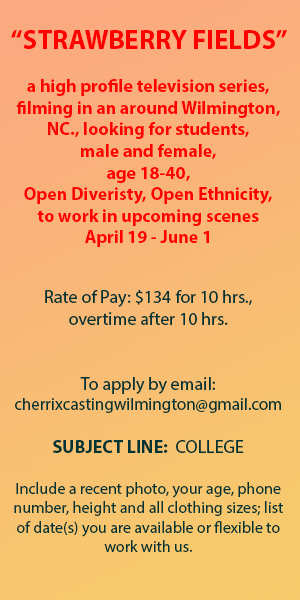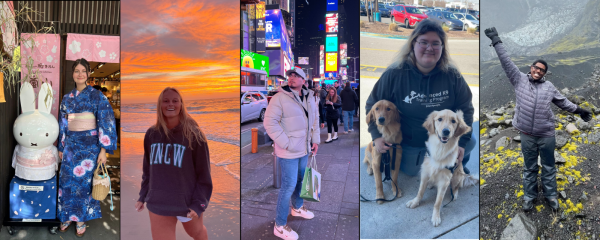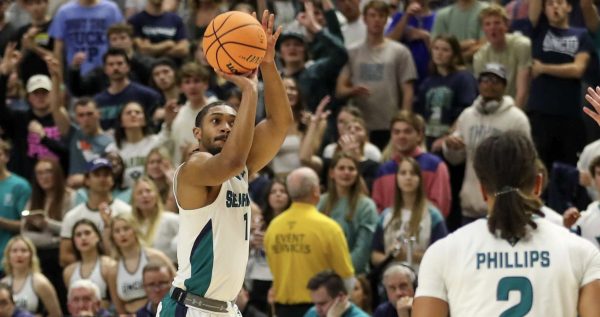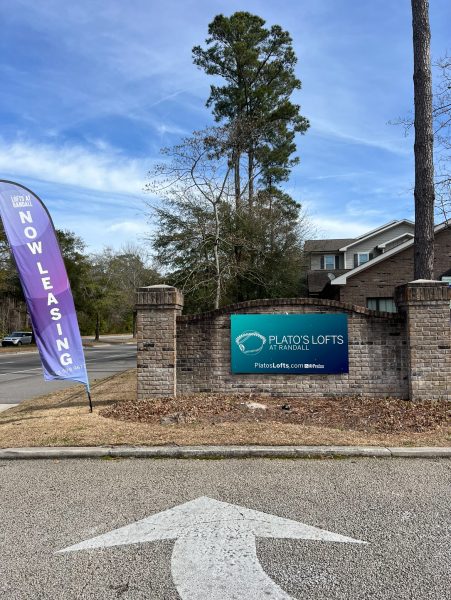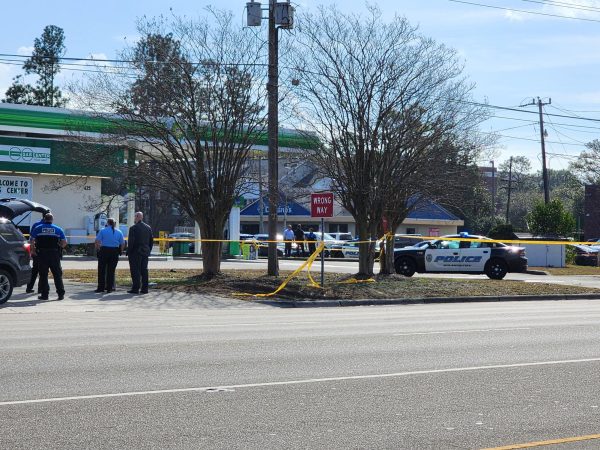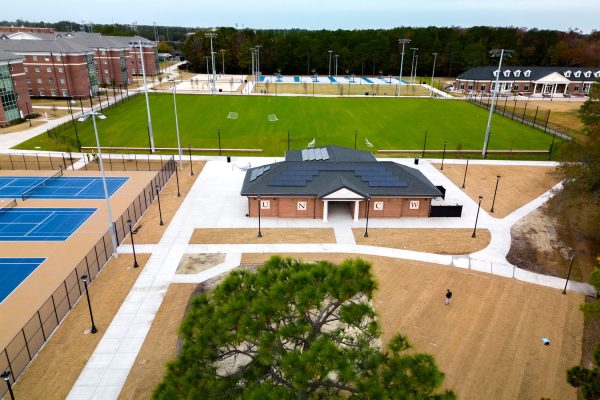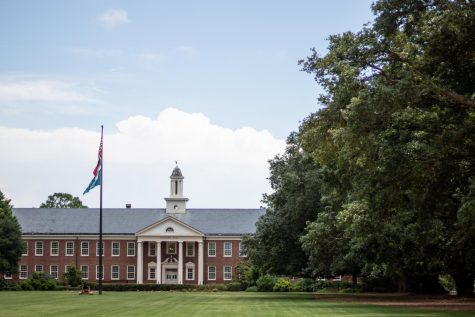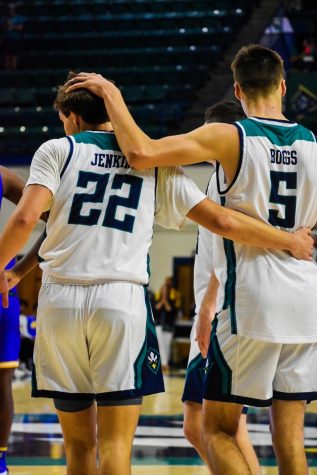Racial profiling at UNCW discussed in forum
April 30, 2001
Students, faculty, staff and administrators gathered to discuss concerns about the treatment of minority students on campus last Monday.
The event was the first of what many people said they hoped would be a series of discussions to inform others of racial problems that happen on campus and to eventually find solutions.
One facet of the forum focused on the presence of racial profiling on campus, a discriminatory practice in which a police officer stops an individual for an offense based on his skin color.
“If you are actually able to walk around and racial profiling doesn’t happen to you, then you may not believe that racial profiling happens on this campus at all,” said Carlo Laurore, freshman. “If you know there is racial profiling, or a possibility of racial profiling on this campus, then you can be more mindful and be more aware to actually help solve the problem.”
While some students said that they have not experienced any problems, others shared situations where they felt discriminated against or uncomfortable with treatment by the police. Many concerns expressed were the result of actions taken by the UNCW police.
One member of the track team, Kristoffer Jones, cited an incident involving UNCW police during the summer, when the team was on campus to practice. Jones said that he and a group of black teammates, all clothed in UNCW track apparell, were stopped and questioned about their presence on campus and told the campus was closed. Jones said he and his teamates were very frustrated because police had to pass a group of white men from the baseball team, whom they did not stop to question, in order to approach them.
Several members of the community were surprised to hear that this and similar incidents had taken place and were not reported.
Dr. Brian Hemphill, associate dean of students, said that he has been at the university for three years, and has had only two or three discussions about race or discrimination issues.
“There are numerous policies in place [do deal with these issues],” Hemphill said during the forum. “We may not know that it’s an issue. We may not know that it’s going on if you don’t bring it to the table.”
Although UNCW police officials were not present at the event, in a separate interview Capt. David Donaldson expressed concern.
“If there are issues out there, let’s get those out and give each other time to discuss and research any actions or allegations, and let’s have an opportunity to discuss them,” Donaldson said. “Anyone’s perception is their reality.”
When there is a complaint, the person should contact police administrators. Police supervisors can review officer activity reports and in-car videotapes, as well as statistics on race, sex, ethnicity, age and the reason the vehicle was stopped, according to Donaldson. Officers also document if a search was conducted, the results of the search and the charges given. Donaldson said that all state law enforcement agencies are required to keep this information.
“We cannot respond if we don’t know where the problem is,” he said.
Monday’s discussion also centered on concerns about low minority recruitment to the university. Admissions officials said recruiting minority students is a struggle. They said they would like to receive feedback on why minority students choose UNCW and what experiences they have had.
“In terms of recruitment, hearing their message here, and what they think we are doing and what we’re not doing, that had an impact on me,” said Roxie Shabazz, assistant vice chancellor of admissions. “I think that if the students’ voices are heard, and that they get the message up that someone will respond, because the racial profiling…that’s pretty bad.”
Newly elected SGA President Adrien Lopez said, “It was a productive dialogue. It was good to bring the race issue to the attention of everyone here.”
The dialogue was beneficial to the UNCW community, Laurore said.
“You could actually see that some people found a little fear or amazement at some of the issues that were brought up, but the idea is that you have to get it out there,” he said. “If the idea is placed out there, then people will be able to understand it a lot more and actually be able to handle it. I definitely believe that this is the start of something a lot better.”












